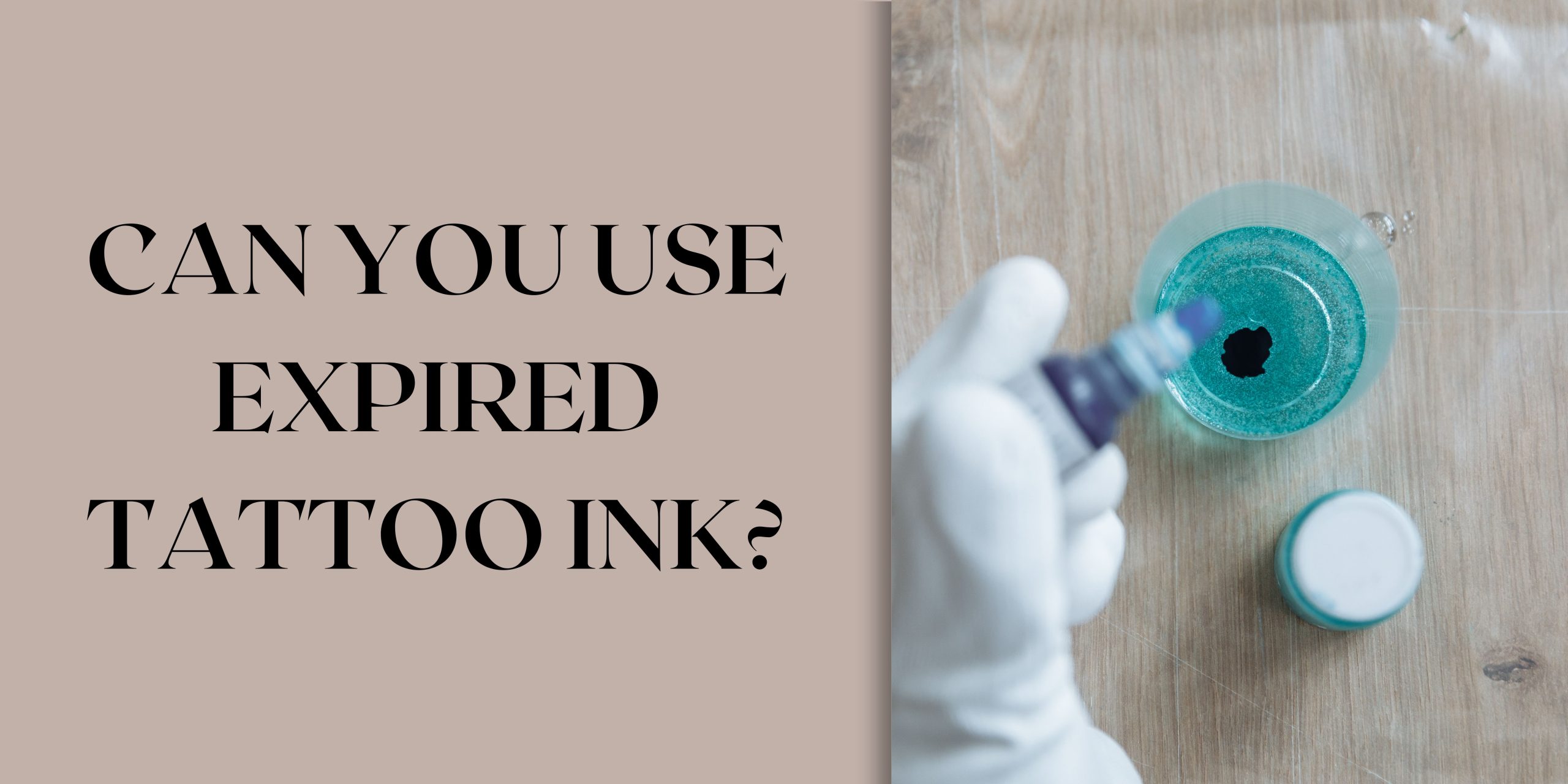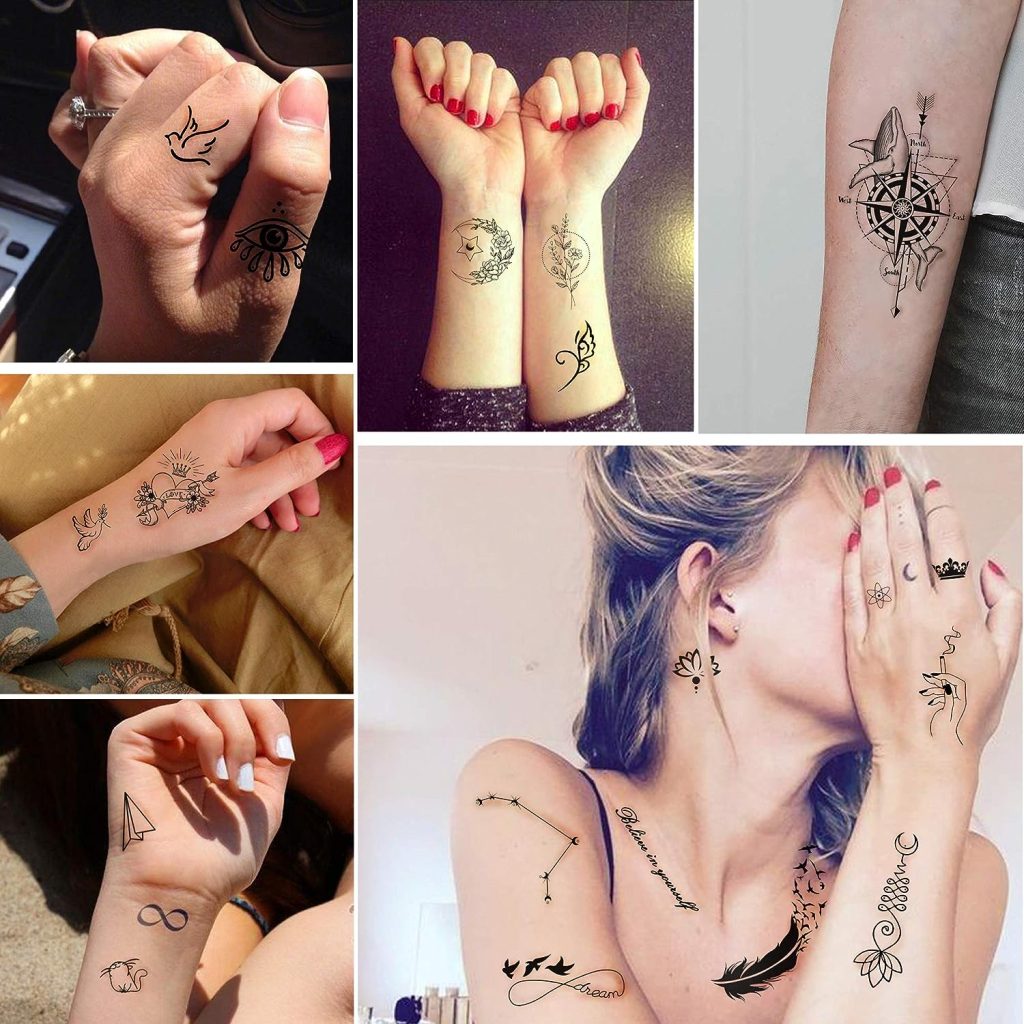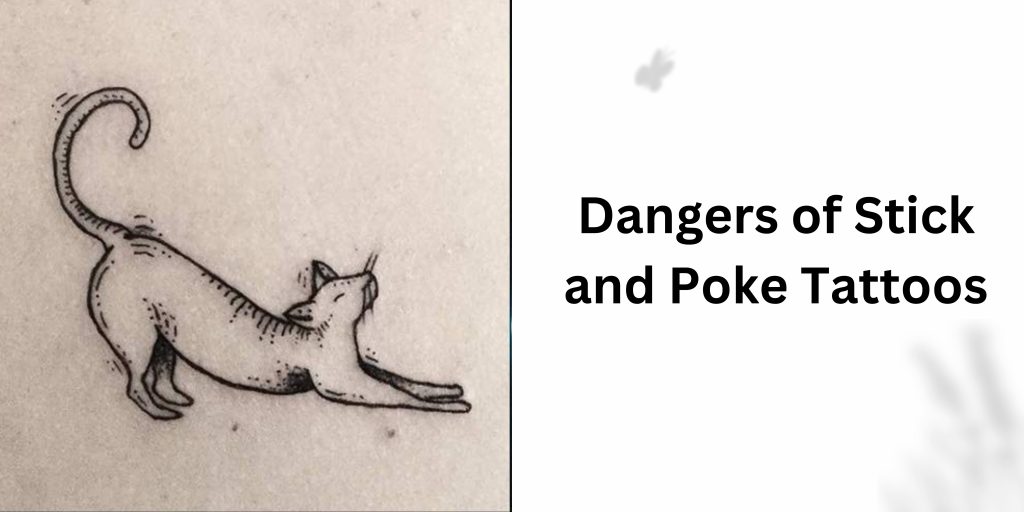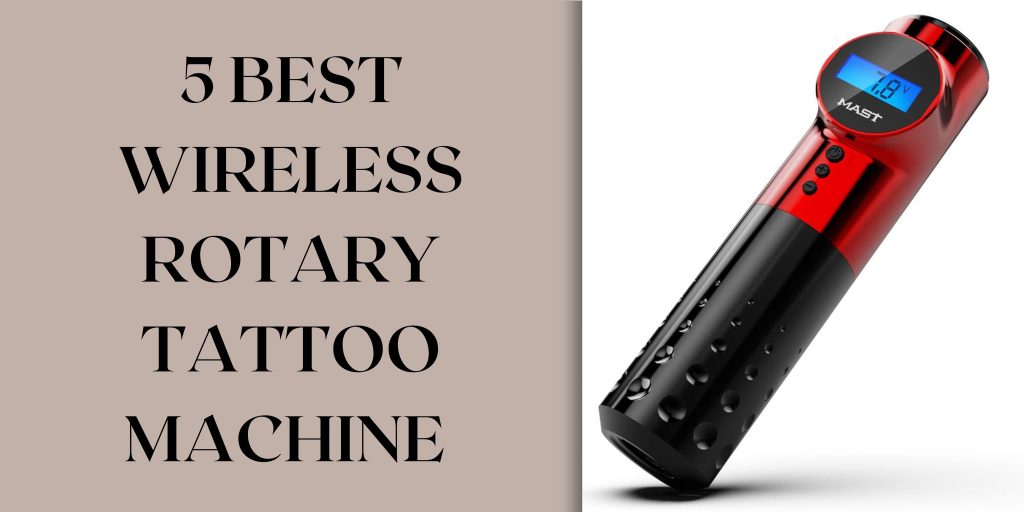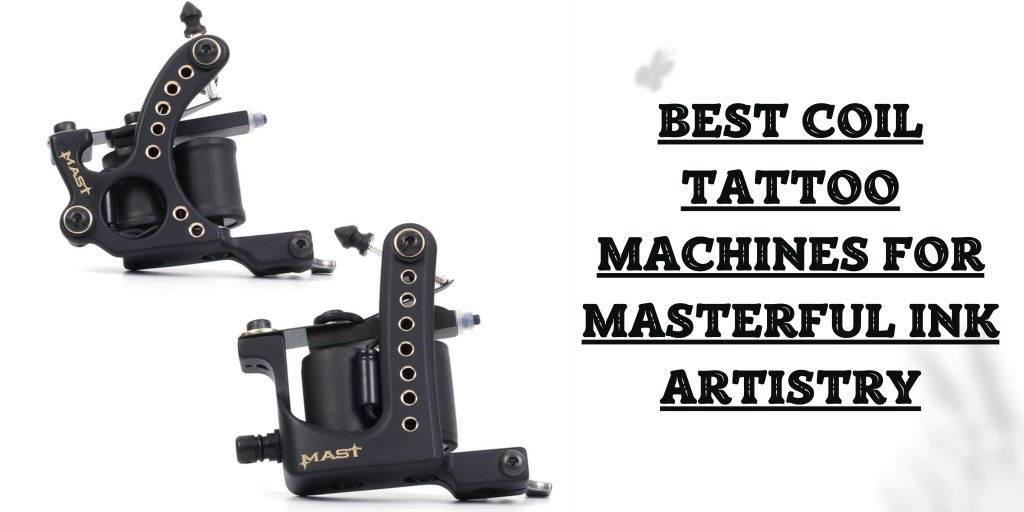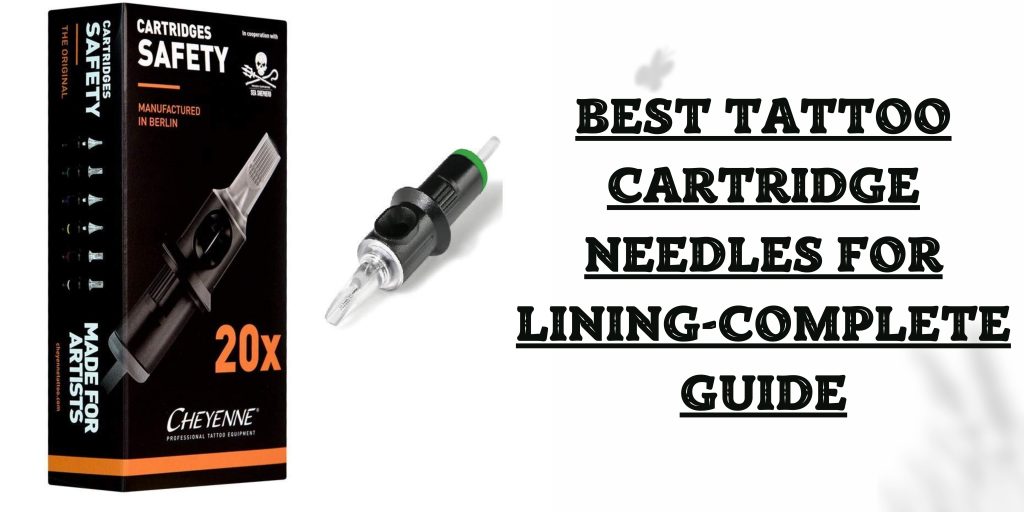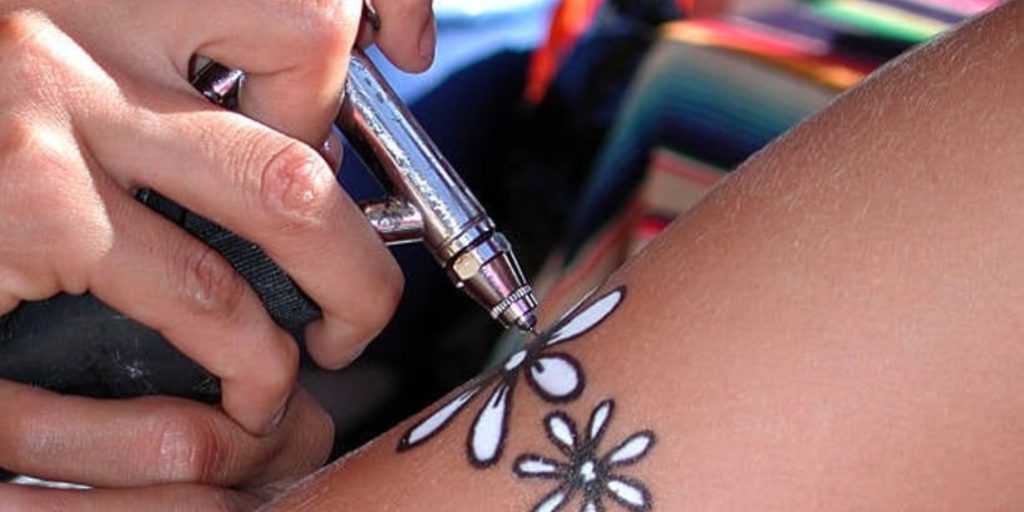In the world of tattooing, artistry and self-expression know no bounds. From intricate designs to vibrant colours, tattoos have long served as a medium for capturing moments, memories, and personal narratives on the canvas of human skin. However, just as the canvas must be carefully chosen, so too must the tools of the trade. Enter the intriguing question: Can you use expired tattoo ink? While the idea may pique the curiosity of both tattoo enthusiasts and artists alike, it is crucial to explore the implications, risks, and potential consequences of such a choice. Join us on a captivating journey as we delve into the fascinating realm of expired tattoo ink, examining the intricacies of this controversial topic and uncovering whether beauty can truly be found beyond the realm of expiration dates.
What is Tattoo Ink?
Tattoo ink is a specially formulated pigment that is used to create permanent designs and images on the skin through the process of tattooing. It is a crucial component in the art of tattooing, as it provides the colour and visual impact that brings tattoos to life.
Tattoo inks are typically made up of a combination of pigments, carrier fluids, and additives. The pigments are responsible for the colour of the ink and can be derived from a variety of sources, including minerals, organic compounds, or synthetic materials. Common colours include black, red, blue, green, yellow, and many more.
The carrier fluids in tattoo ink serve multiple purposes. They help to evenly distribute the pigments and allow the ink to flow smoothly during the tattooing process. The most common carrier fluid is water, but other liquids such as alcohol or glycerin may also be used. The choice of carrier fluid can impact the viscosity and drying time of the ink.
Additives are often included in tattoo ink formulations to enhance certain properties. These additives can include preservatives to prevent bacterial growth and extend the shelf life of the ink, thickeners to adjust the consistency, or stabilizers to maintain the colour intensity over time.
It’s important to note that tattoo ink is not regulated by a centralized authority in many countries, including the United States. However, reputable tattoo ink manufacturers often prioritize safety and quality control, adhering to industry standards and ensuring that their inks are sterilized and free from harmful contaminants.
Tattoo artists carefully select and mix tattoo inks to achieve the desired colours and effects for their clients’ tattoos. They take into account factors such as skin tone, design style, and personal preferences to create unique and customized tattoo compositions.
When getting a tattoo, it is essential to communicate openly with your tattoo artist about the inks being used. They can provide information about the ingredients, safety precautions, and any potential risks associated with specific tattoo inks.
Editor Choice
Waterproof Temporary Tattoos
Does Tattoo Ink Have an Expiry Date?
Yes, tattoo ink does have an expiry date. Tattoo inks, like many other products, have a shelf life and are typically labelled with an expiration date by the manufacturer. The expiration date indicates the recommended period within which the ink is expected to maintain its quality, consistency, and safety.
The expiration date is important because tattoo ink can degrade over time. The pigments in the ink may break down, separate, or lose their vibrancy, resulting in inconsistent or unpredictable results when applied to the skin. Additionally, the preservatives in the ink that help prevent bacterial growth may become less effective, increasing the risk of contamination and potential infections.
It’s important to note that the exact shelf life of tattoo ink can vary depending on various factors, including the specific brand, formulation, storage conditions, and whether the ink has been opened or unopened. Some tattoo inks may have a shelf life of several years, while others may have a shorter duration.
To ensure the best results and minimize potential risks, it is generally recommended to use fresh, properly stored tattoo ink that is within its recommended expiration date. Professional tattoo artists often prioritize the use of fresh ink for each client to maintain consistency, and colour quality, and minimize the risk of adverse reactions or infections.
If you have tattoo ink that has expired or is nearing its expiration date, it is advisable to dispose of it properly and acquire fresh ink from a reputable source. Using expired ink can compromise the quality and safety of your tattoo, so it’s best to prioritize your health and the longevity of your artwork by using ink that is within its recommended shelf life.
Read More: How to Dilute Tattoo Ink
What Happens When You Use Expired Tattoo Ink?
Using expired tattoo ink can have several potential consequences and risks. Here are some of the things that can happen when you use expired tattoo ink:
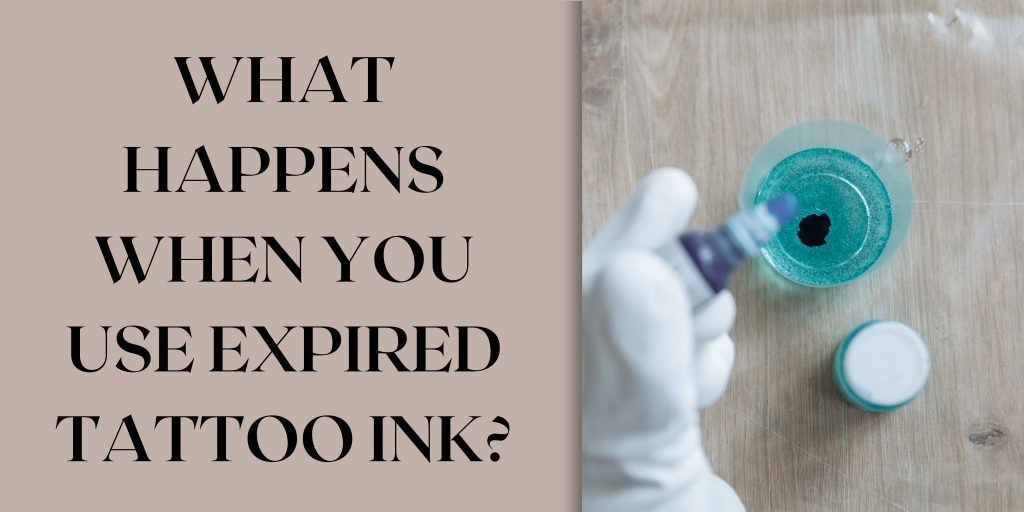
Colour Inconsistencies:
Expired ink may result in colour inconsistencies or unpredictability. The pigments in the ink can degrade or separate, leading to faded or distorted colours. Instead of achieving the desired vibrant and uniform look, your tattoo may appear dull, patchy, or uneven.
Increased Risk of Infections:
As tattoo ink ages, the effectiveness of preservatives in preventing bacterial growth may diminish. This raises the risk of contamination when the ink is injected into the skin. Using expired ink can potentially introduce harmful bacteria or mould, increasing the chances of infections or other adverse reactions.
Poor Healing Process:
When you use expired ink, the compromised quality and potential contaminants can impede the healing process. The presence of bacteria or other irritants in the ink can lead to delayed healing, increased inflammation, and a higher likelihood of complications such as infection, scarring, or allergic reactions.
Altered Consistency:
Expired ink may have an altered consistency or texture. It can become thicker, clumpy, or lumpy, making it difficult for the tattoo artist to work with. Such inconsistencies can impact the artist’s ability to create precise lines and details, potentially affecting the overall quality and aesthetic outcome of the tattoo.
Increased Risk of Allergic Reactions:
Expired tattoo ink can potentially trigger allergic reactions or sensitivities in some individuals. The breakdown of ink components over time may result in new chemical compositions that the body may react to unfavourably. This can lead to itching, redness, swelling, or other allergic symptoms.
Does Tattoo Ink Expire or Go Bad?
Tattoo ink can indeed expire or go bad over time. While the exact duration can vary depending on factors such as the brand, formulation, and storage conditions, tattoo ink does have a limited shelf life. Over time, the components of the ink can deteriorate, potentially leading to changes in colour, consistency, and safety.
One of the main concerns with expired tattoo ink is the degradation of the pigments. The colours in the ink can break down or separate, resulting in faded or distorted tattoo results. Instead of the vibrant and consistent colours you desire, expired ink may produce dull or uneven shades.
Moreover, the preservatives in tattoo ink that help prevent bacterial growth may become less effective as the ink ages. This increases the risk of contamination, potentially leading to infections or other adverse reactions when the ink is injected into the skin. Using expired ink can heighten the already existing risk of infection associated with tattooing.
but if you do not want to face this kind of problem you can make own tattoo ink at home
How Do I Know That a Tattoo’s Ink Has Expired?
Determining if a tattoo ink has expired can be challenging, as there may not be a clear visual indicator. However, there are several signs and factors you can consider to assess the potential expiration of tattoo ink:
Expiration Date:
Check the packaging or bottle of the tattoo ink for an expiration date. Some manufacturers label their inks with a recommended shelf life. If the ink has surpassed this date, it is likely expired or approaching expiration.
Changes in Color or Consistency:
Over time, tattoo ink can degrade and undergo changes in colour or consistency. If the ink appears clumpy, separated, or has a significantly altered colour compared to when it was initially purchased, it may be an indication of expiration.
Unusual Odor or Texture:
Expired tattoo ink might develop an unusual smell or a different texture. If you notice any strange or foul odour emanating from the ink or observe a gritty or lumpy texture, it could be a sign that the ink has gone bad.
Storage Conditions:
Improper storage can accelerate the degradation of tattoo ink. Exposure to excessive heat, sunlight, or extreme temperature fluctuations can deteriorate the ink’s quality and shorten its lifespan. If the ink has been stored in unfavourable conditions, it may have a higher likelihood of expiration.
Manufacturer Guidelines:
Research the specific brand or manufacturer of the tattoo ink. Some manufacturers may provide guidelines or recommendations regarding the shelf life of their inks. Checking their official website or reaching out to them directly can provide insight into the expected lifespan of their products.

